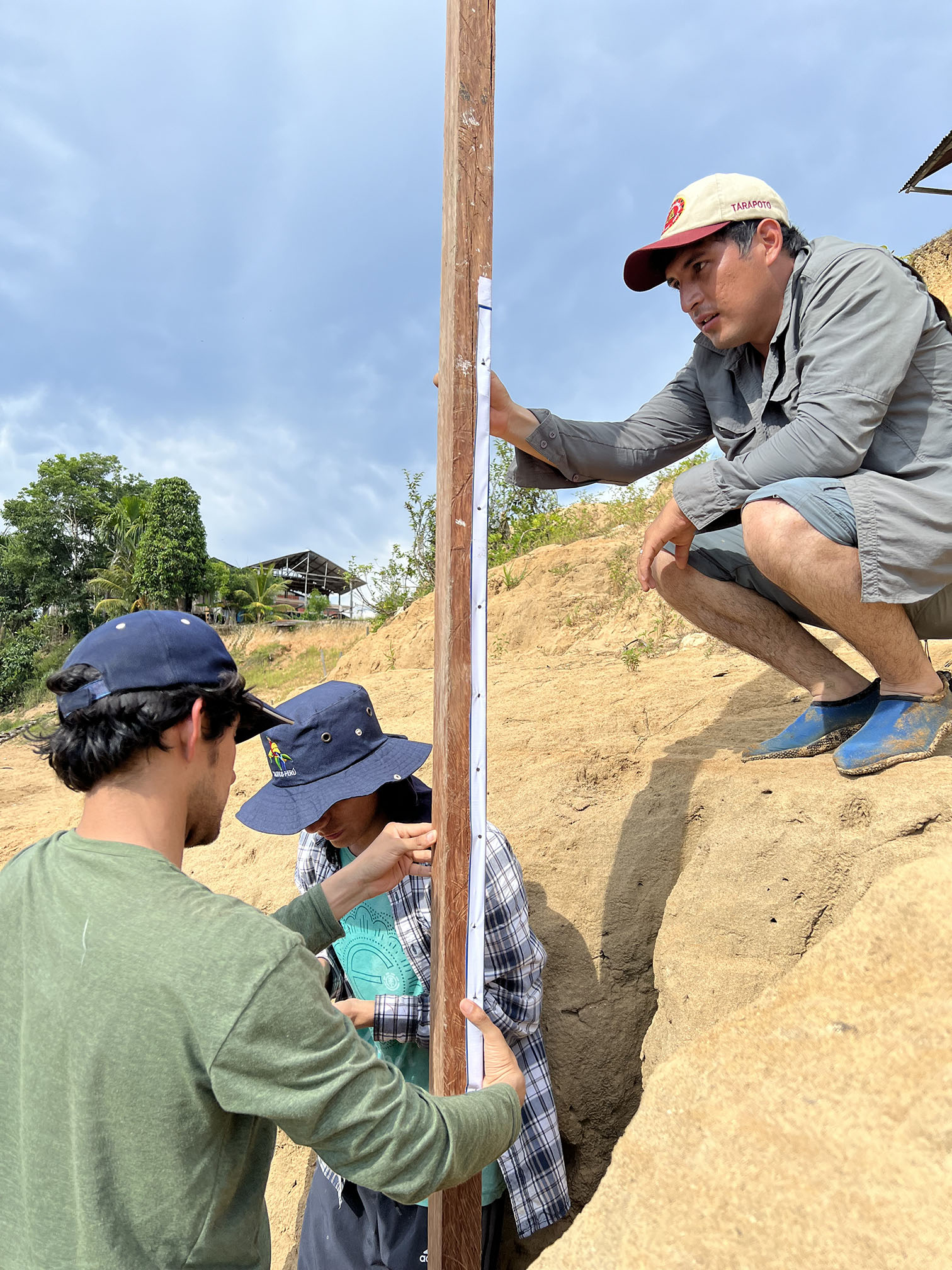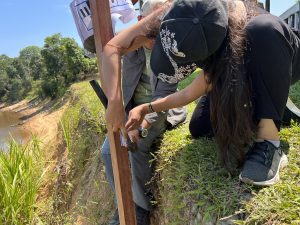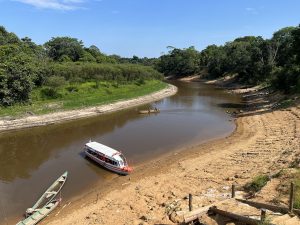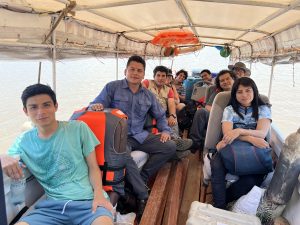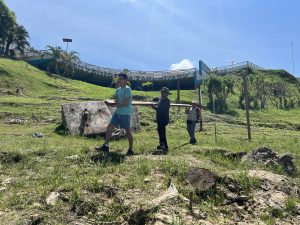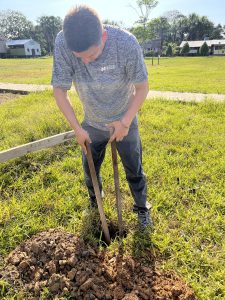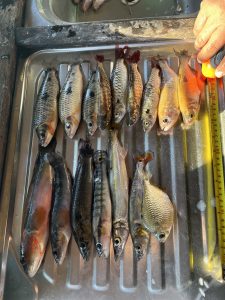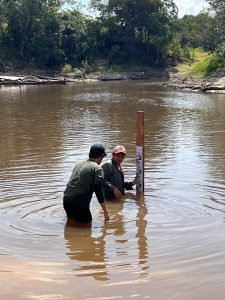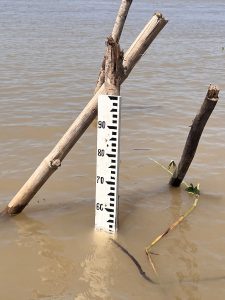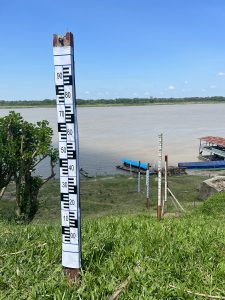MSU associate professor collaborates with international institutes in Amazon River Basin
April 20, 2023
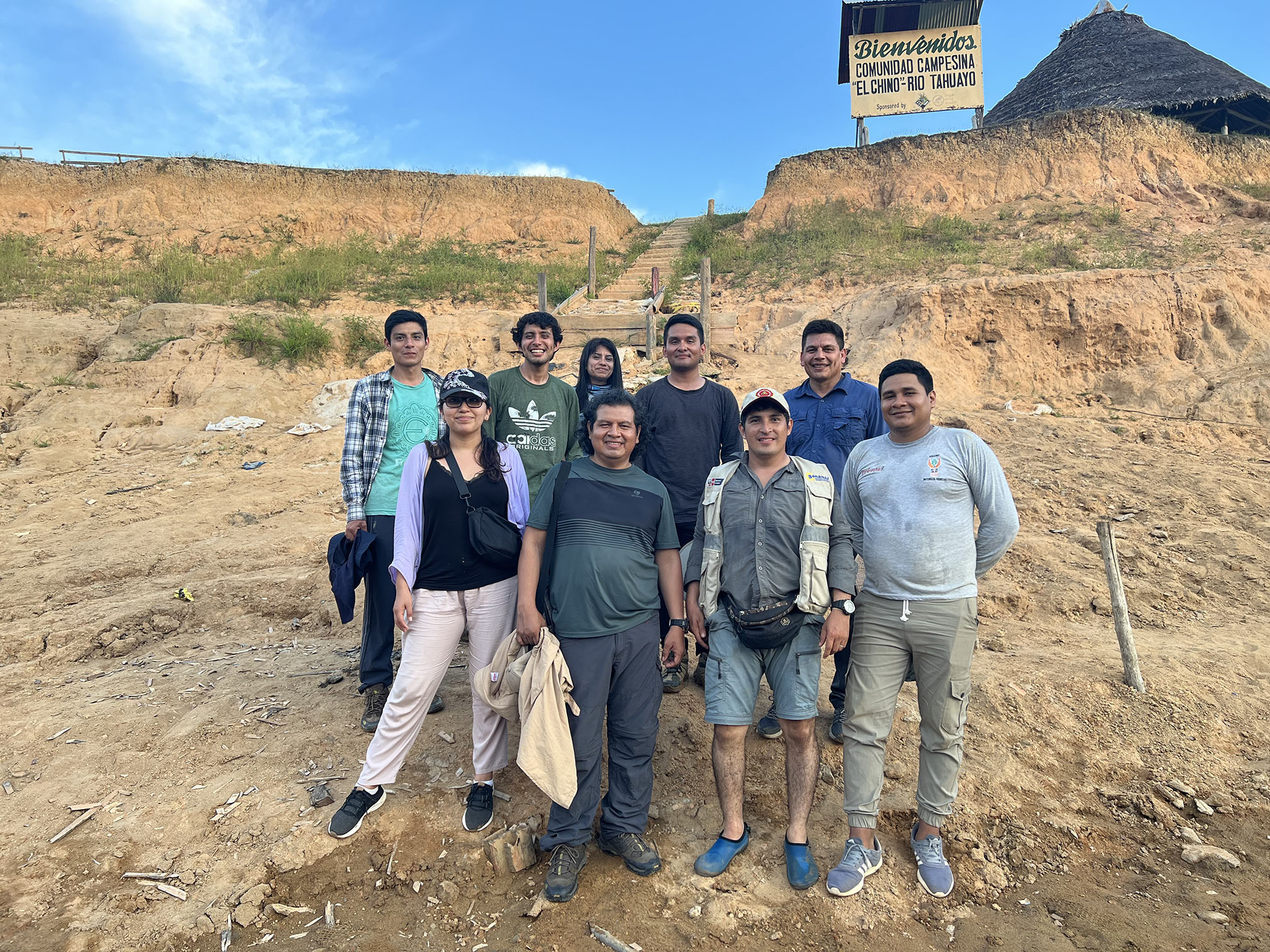 An MSU associate professor is collaborating with several international institutes to determine how climate change affects river flow and fish populations in the Amazon River Basin.
An MSU associate professor is collaborating with several international institutes to determine how climate change affects river flow and fish populations in the Amazon River Basin.
John Ramirez-Avila, a water resources engineer and head of the Watersheds and Water Quality Research Lab in the Richard A. Rula School of Civil and Environmental Engineering, and researchers from the Geophysics Institute in Peru (IGP), the Institute of Research for Development (IRD) from France and the Institute of Research for the Peruvian Amazon Region (IIAP) have begun studying river flow, water quality and fish populations and how climate change affects them. Ramirez-Avila explained that the people who reside in the Amazon River Basin in Peru rely on fishing and the river as a major way of life. He goes on to say that climate change could significantly impact these populations.
“Most, if not all, of the villages in the region depend on fish production as a way of life,” he said. “Elisa Armijos, the leader of the project from the Geophysics Institute of Peru, noticed there wasn’t much research on this topic, which is important because if the fish populations dwindle in the Amazon River Basin, those villages would be impacted immensely.”
The project began last year and will take three years to complete. Ramirez-Avila explained that this past year, a team of researchers, which also includes graduate students from the Universidad Agraria La Molina in Peru, implemented weather and limnigraphic stations to measure hydrologic and hydraulic conditions of the Amazon River and its tributaries. Using different equipment, they also performed surveys along the monitoring stations and collected water samples to help determine the water quality of that section of the river and its tributaries.
In addition, the researchers determine how much fish production was occurring and what species and how many kilograms of fish were caught led by Werner Chota from the IIAP. Ramirez-Avila explained that the team relies on volunteers in the river communities and its tributaries to do this. He went on to say that he is very honored to be a part of the collaboration and the fact that the team can collaborate with these communities and depend on them to gather data makes this study a major team effort. Previous trips to the region have focused on training the volunteers on proper research procedures and gathering and recording the data that the researchers need.
“In each one of the locations where we are studying, residents of the villages are helping us to take the information about the characteristics of the water flow and collecting information about how many fish they catch each day and the measurements of those fish,” he said.
The team is also doing assessments related to weather patterns in the area. Ramirez-Avila explained that in addition to fish health and populations, they are studying how the weather is changing and how it is affecting the overall health of the river, including the nutrients in the river that help sustain the fish populations.
The Richard A. Rula School of Civil & Environmental Engineering at Mississippi State University proactively utilizes teaching, research and service to educate baccalaureate, master’s and doctoral students so they can become competent, dynamic, and ethical engineers of the future. The school can be found online at www.cee.msstate.edu and can be found on Facebook and Twitter.
The Bagley College of Engineering is online at www.bagley.msstate.edu and can be found on Facebook, Twitter, Instagram and YouTube at @msuengineering.
MSU is Mississippi’s leading university, available online at www.msstate.edu.
By Camille Carskadon

